Mason HCI Community Building
The Center for Advancing Human-Machine Partnerships (CAHMP) and the Institute of Digital InnovAtion (IDIA) co-organized on June 21-22 a two-day Human Computer Interaction (HCI workshop. The workshop signaled the beginning of a new stage in interdisciplinary research and community building around HCI at Mason.
This hybrid event brought together thirteen Mason’s Human-Computer Interaction (HCI) researchers across the School of Computing, the School of Art, and the College of Humanities and Social Sciences. Workshop participants built community, identified gaps and opportunities in the national HCI research landscape, outlined core research expertise and capabilities in the Mason HCI community in direct alignment with national priorities, and formulated synergistic research development activities.
The second day featured a visit by Dr. Andruid Kerne, current NSF Program Director in the Directorate for Computer Information Science and Engineering, and provided the workshop participants with the opportunity to engage directly with an NSF Program Director on relevant HCI-related opportunities across the Foundation.
This workshop marks the beginning of a new day for HCI research at Mason, as well as the beginning of direct, guided collaborations between IDIA and the Transdisciplinary Centers.
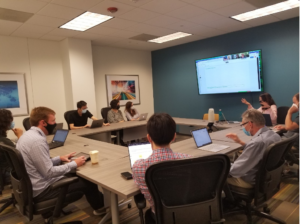
Mason Participants:
Sanmay Das, Professor of Computer Science, SoC; Co-director, CAHMP
Craig Yu, Associate Professor of Computer Science, SoC
Myeong Lee, Assistant Professor of Information Sciences, CEC
Brittany Johnson, Assistant Professor of Computer Science, SoC
Kevin Moran, Assistant Professor of Computer Science, SoC
Gerald Matthews, Professor of Psychology, CHSS
Shanshan Cui, Associate Professor, School of Art
Ziyu Yao, Assistant Professor of Computer Science, SoC
Zhisheng Yan, Assistant Professor of IST, SoC
Yotam Gingold, Associate Professor of Computer Science, SoC
Vivian Motti, Assistant Professor of IST, SoC
Vania Neris, Associate Professor – Department of Computing – Federal University of São Carlos – Brazil; Visiting Scholar – Department of Information Sciences and Technology – George Mason University
Peng Warweg, Assistant Director, CAHMP
Amarda Shehu, Professor of Computer Science, SoC; AVP of Research, IDIA

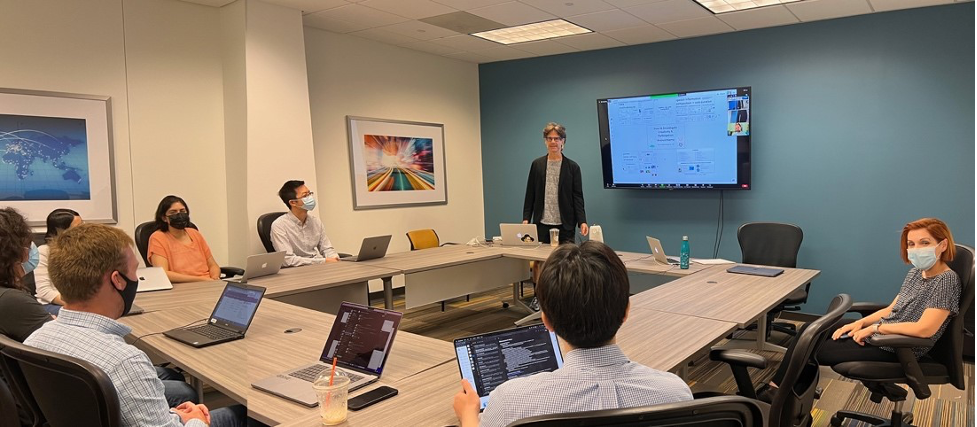
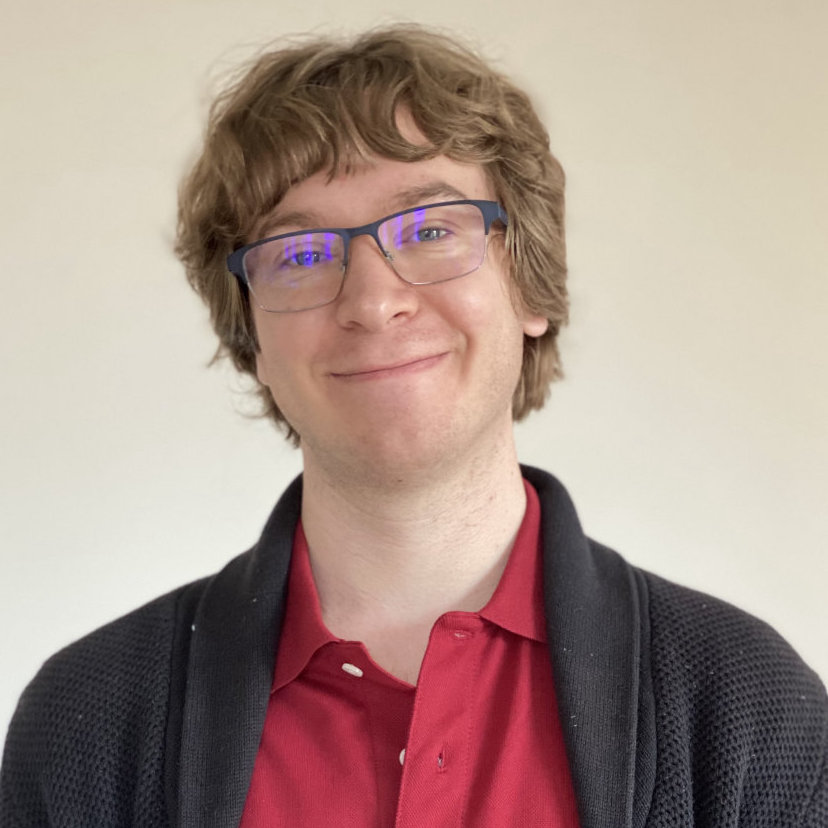
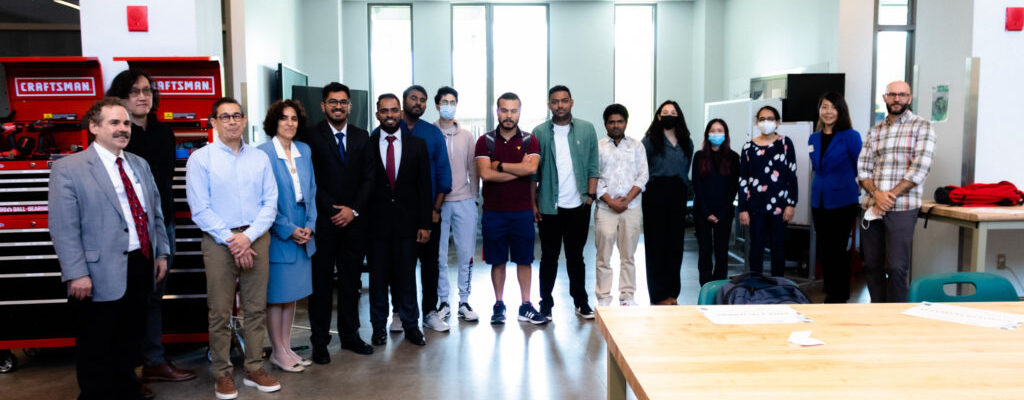
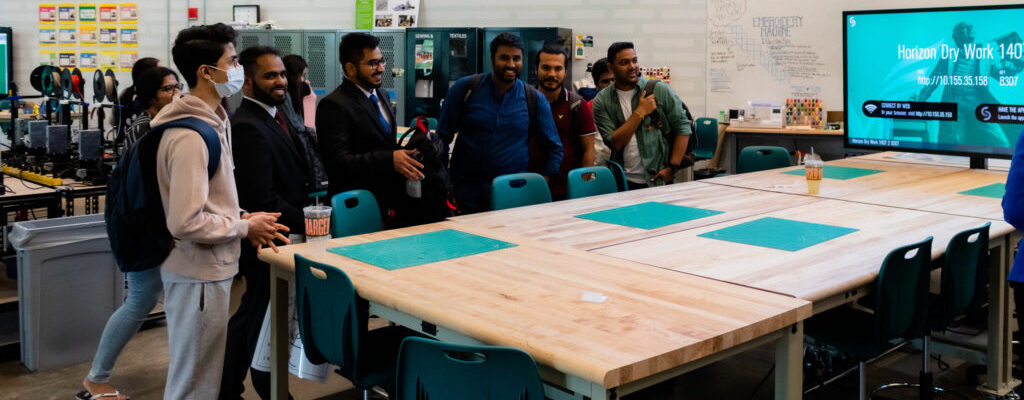
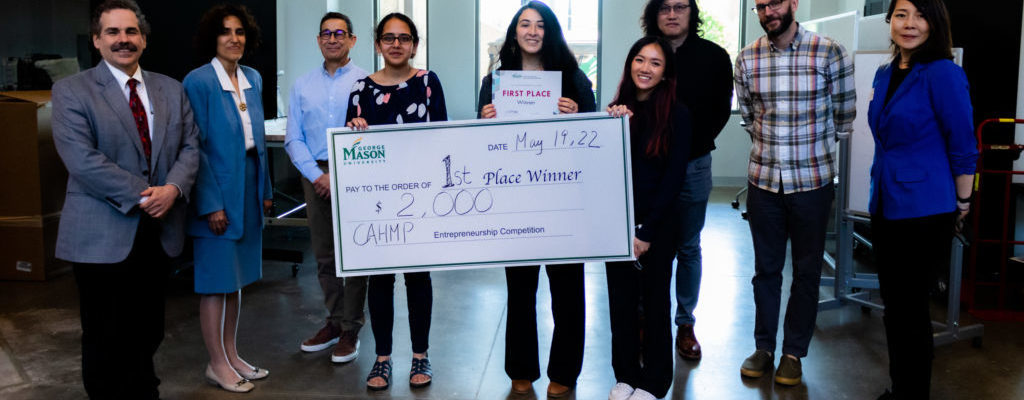
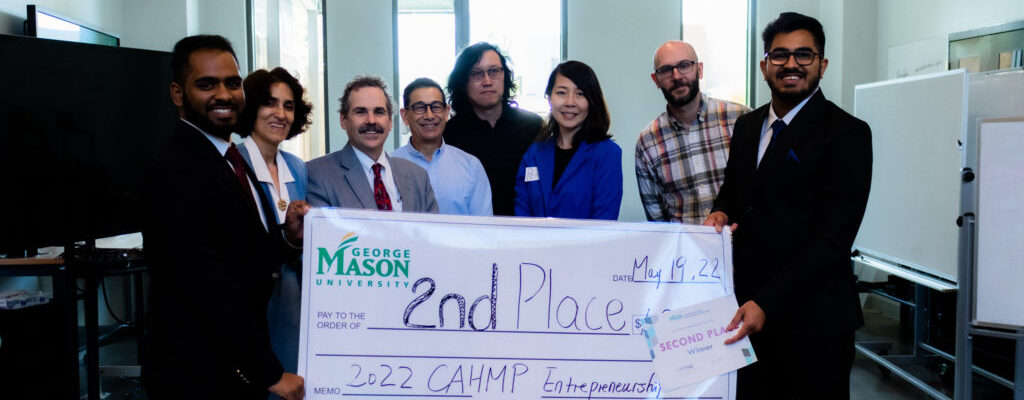
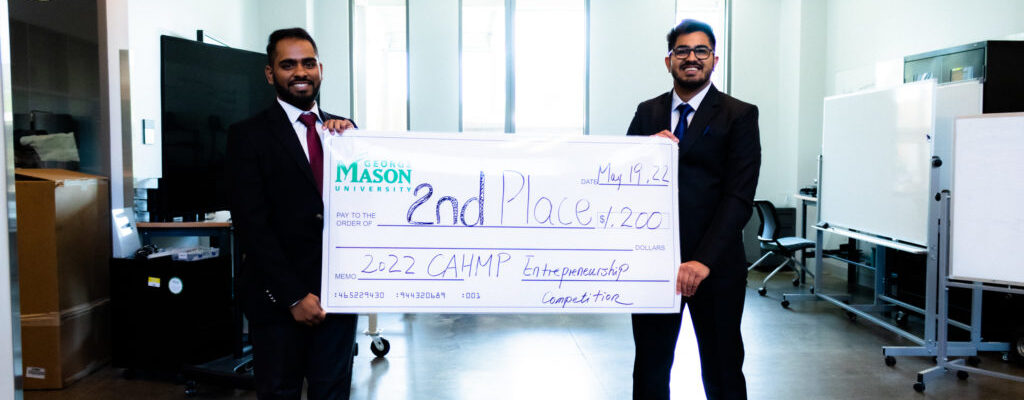
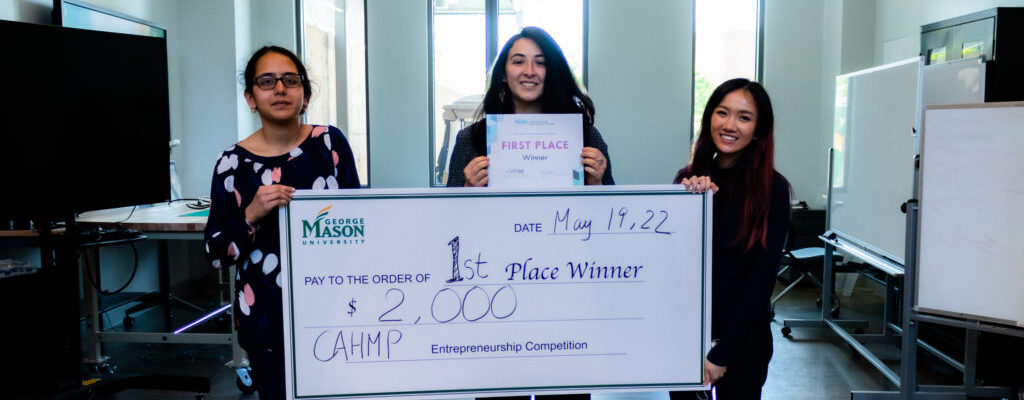
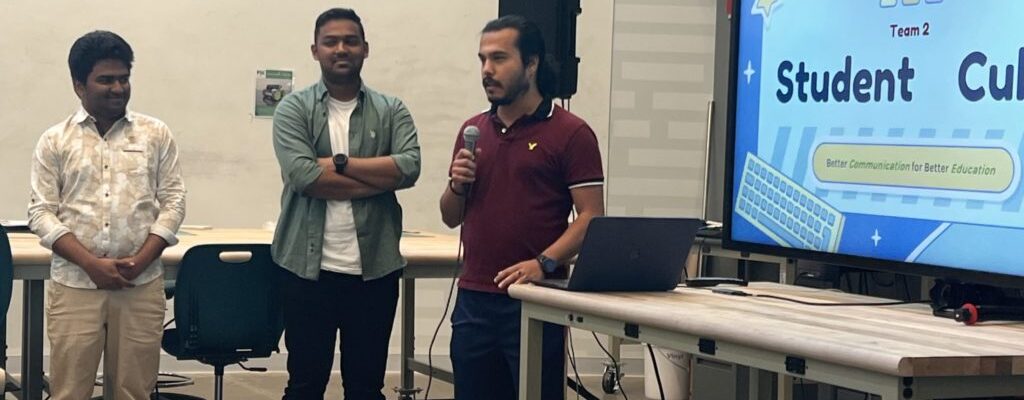
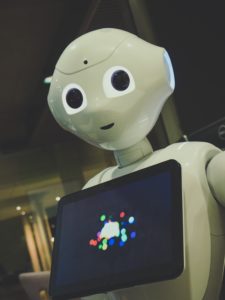 Frequently Asked Questions:
Frequently Asked Questions: